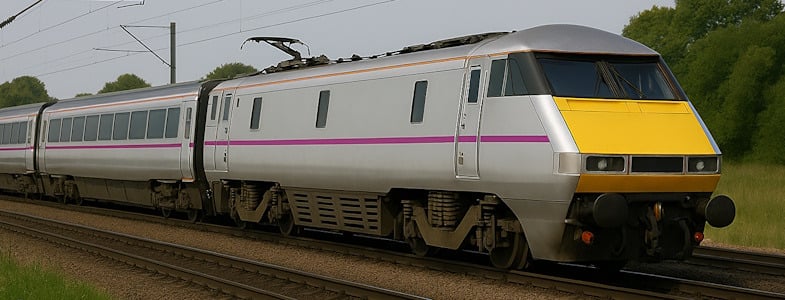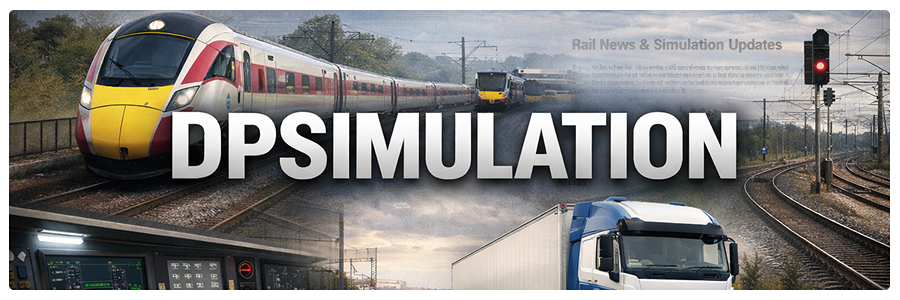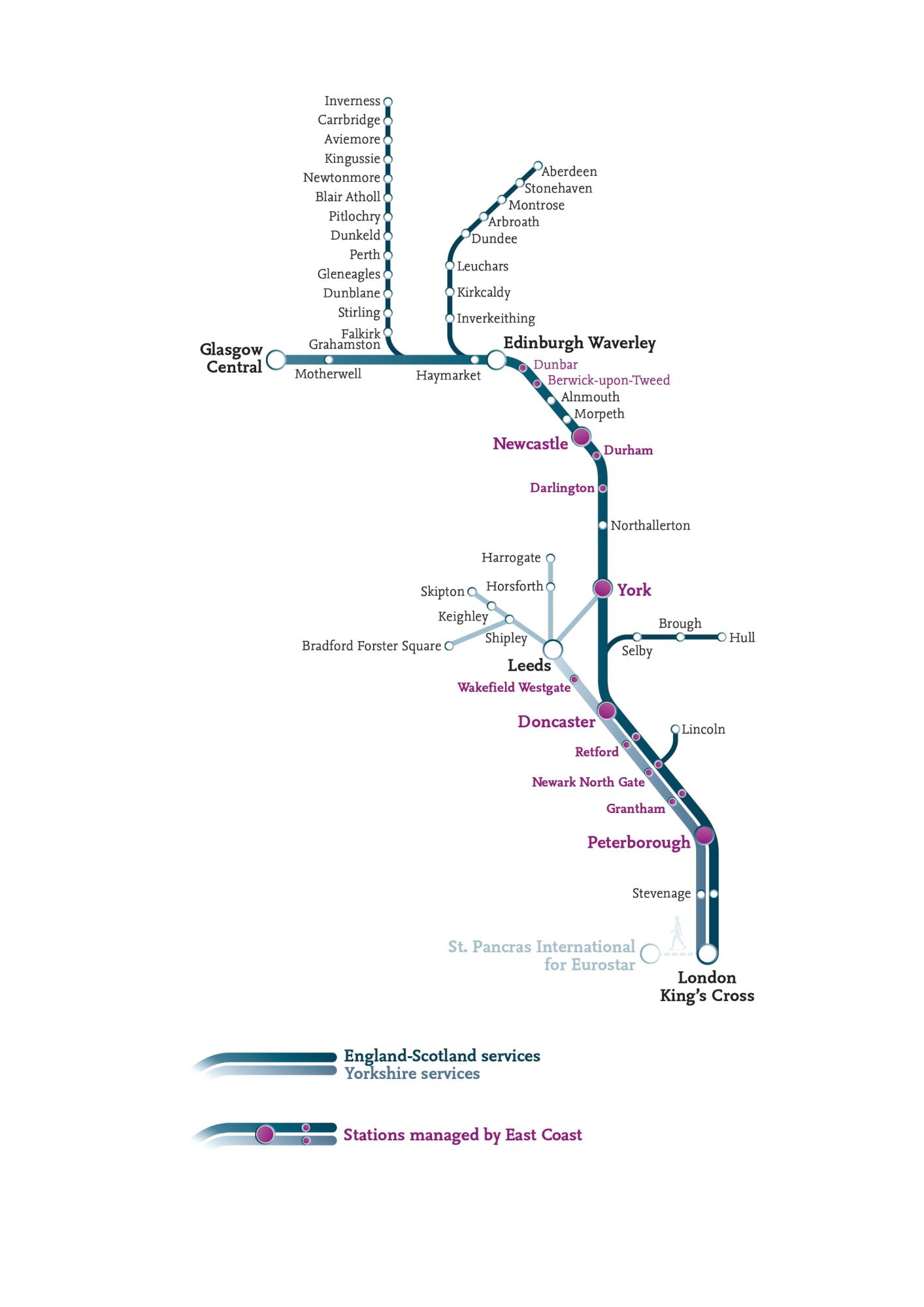
Overview
East Coast Trains was a UK train operating company that managed services on the East Coast Main Line between 2009 and 2015. The franchise was operated directly by the UK government’s Department for Transport through the publicly owned company Directly Operated Railways, following the failure of National Express East Coast.
The operator ran long-distance services from London King’s Cross to key destinations including Leeds, York, Newcastle, and Edinburgh, as well as through services to Glasgow, Aberdeen, and Inverness.
History
East Coast Trains began operations on 14 November 2009, after National Express East Coast relinquished its franchise. The government intervened to ensure stability on one of Britain’s most important intercity routes.
During its six years of operation, East Coast achieved strong passenger satisfaction scores and returned profits to the Treasury. The franchise was ultimately re-privatised in March 2015, when Virgin Trains East Coast took over the services. Many passengers regarded East Coast as one of the more reliable and customer-focused operators of its era.
Network & Routes
East Coast operated services along the East Coast Main Line, connecting London with the North East of England and Scotland.
Highlights included:
High-frequency intercity services between London, Leeds, York, and Newcastle
Long-distance services to Edinburgh, Glasgow, Aberdeen, and Inverness
Direct connections to intermediate towns such as Peterborough, Doncaster, and Durham
Services designed for both business and leisure travellers
Fleet & Onboard Facilities
East Coast inherited a fleet of InterCity 225 electric trains (Class 91 locomotives with Mark 4 coaches) and InterCity 125 High Speed Trains (HSTs). Both fleets provided Standard and First Class seating, with catering available from at-seat trolley services or buffet counters.
Onboard facilities included Wi-Fi, power sockets, and quiet coach options. First Class passengers benefited from complimentary meals and larger seating, a feature that strengthened East Coast’s reputation for quality.
Travel Information
East Coast offered a full range of ticket types including Advance, Off-Peak, and Anytime fares. It was particularly recognised for competitive promotional fares, which helped boost passenger numbers during its tenure.
First Class was marketed as a premium experience, with inclusive dining and a quieter environment, while Standard Class offered frequent services and affordable tickets for long-distance journeys.
Performance & Reputation
East Coast was praised for high passenger satisfaction, improved financial performance, and strong operational delivery compared with its predecessors. Many passengers appreciated the straightforward branding and customer service, with some later viewing the re-privatisation as premature given the operator’s success.
The franchise is still remembered as one of the most reliable and well-regarded operators on the East Coast Main Line in recent decades.
Did You Know?
East Coast Trains returned over £1 billion in profits to the UK Treasury during its operation.
The London to Edinburgh journey took around 4 hours 20 minutes on the fastest services.
The East Coast livery featured silver and dark grey with purple accents, giving the trains a sleek and modern look.
East Coast Archived Timetables
All files listed below are in compressed format and will need to be unpacked with an archiving program, we recommend 7-Zip which is completely free and can be downloaded from here.
East Coast Network Map
Related Searches
East Coast Trains Rewards
East Coast ran a rewards scheme which allowed members to earn points for money spent on tickets.....
East Coast Trains First Class
East Coast aimed to provide an upmarket feel to travel in First Class with things such as complimentary food....
East Coast Trains Complimentary Dining
East Coast provided a well received complimentary food and drink offering which included things such as the....
East Coast Trains Business Rewards
East Coast ran a rewards scheme which allowed businesses to earn points for money spent on tickets.....
East Coast Trains Luggage
Whilst East Coast were happy to accept luggage on board, space limitations meant there were restrictions....
East Coast Trains Bikes
Cycles were welcome on East Coast Trains but they required a reservation to be made before travel in order...
East Coast Trains Pets
Small pets were welcome on East Coast Trains and up to two animals were allowed to travel free of charge as....
East Coast Trains Delay Repay
Delay Repay was a scheme that arrived after the East Coast Trains franchise had ended, they were therefore...



